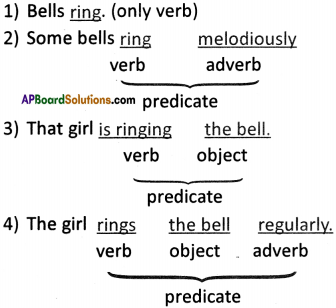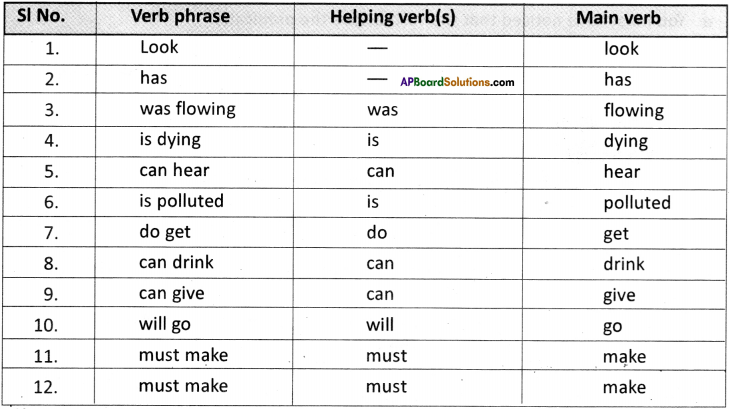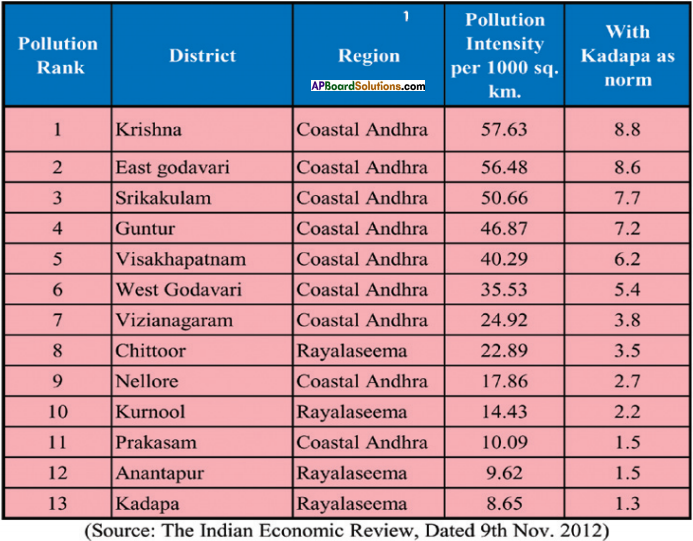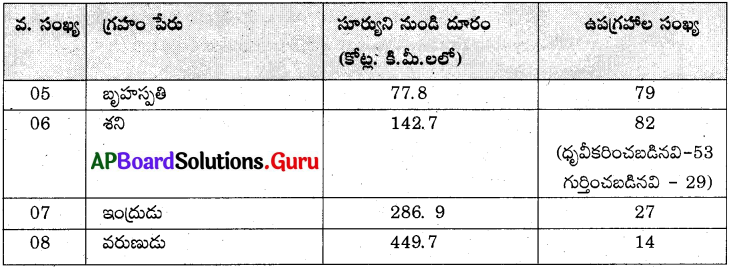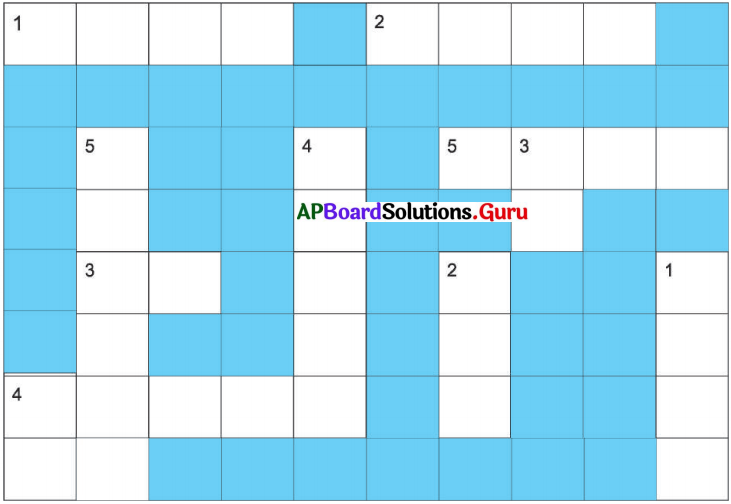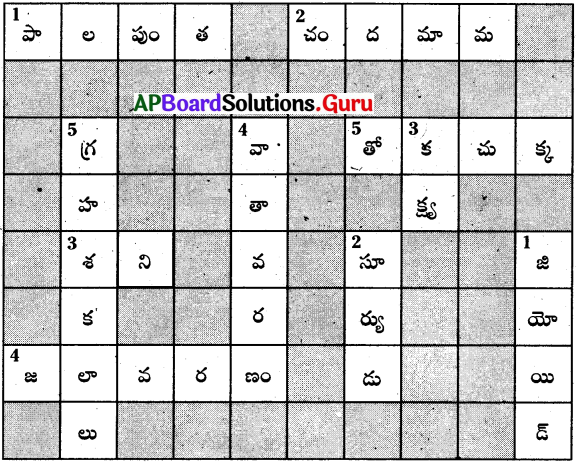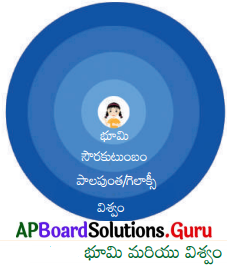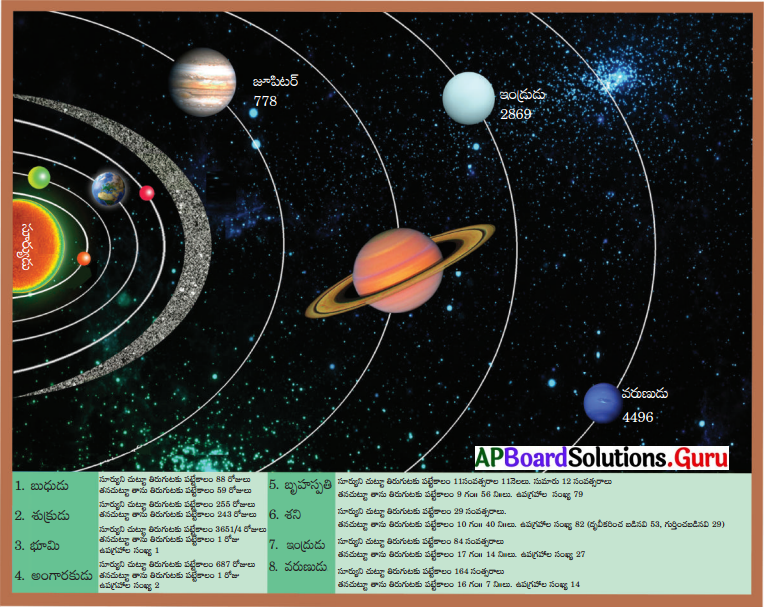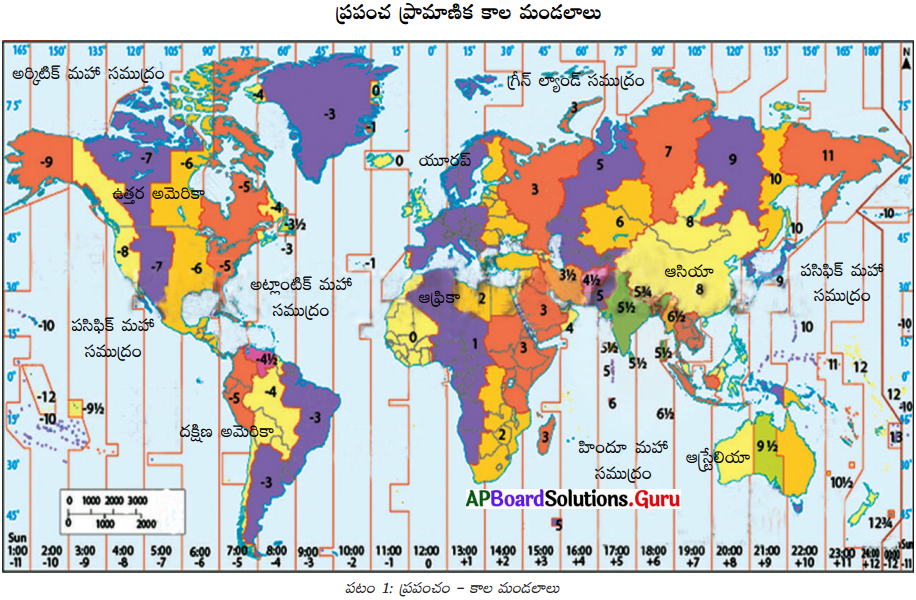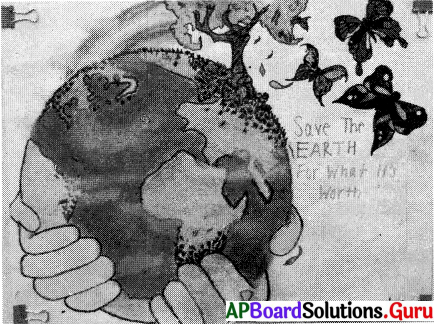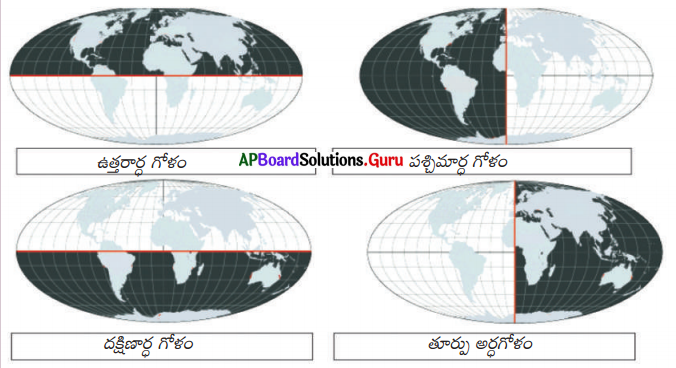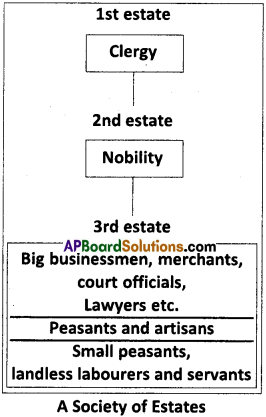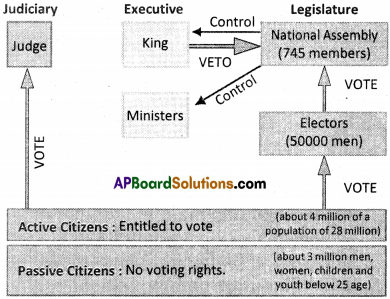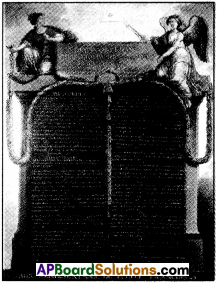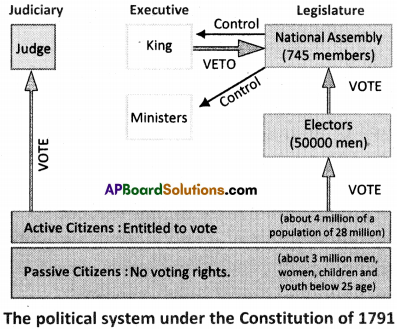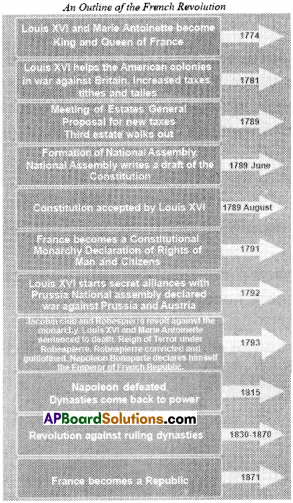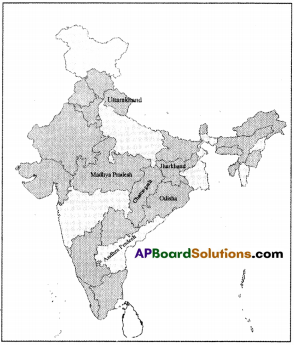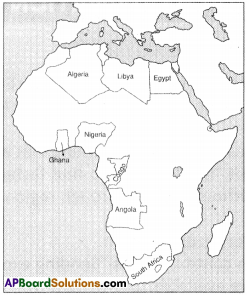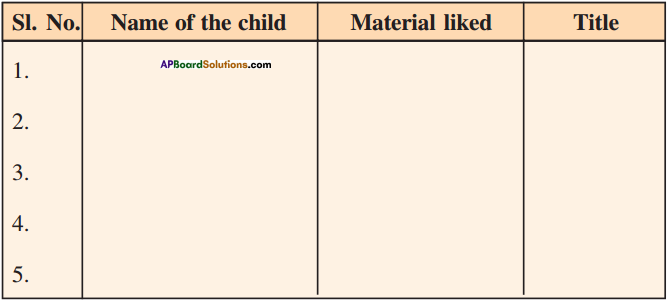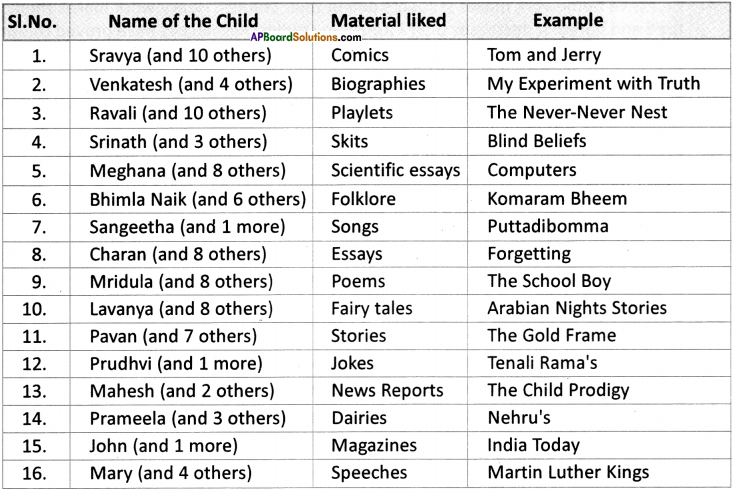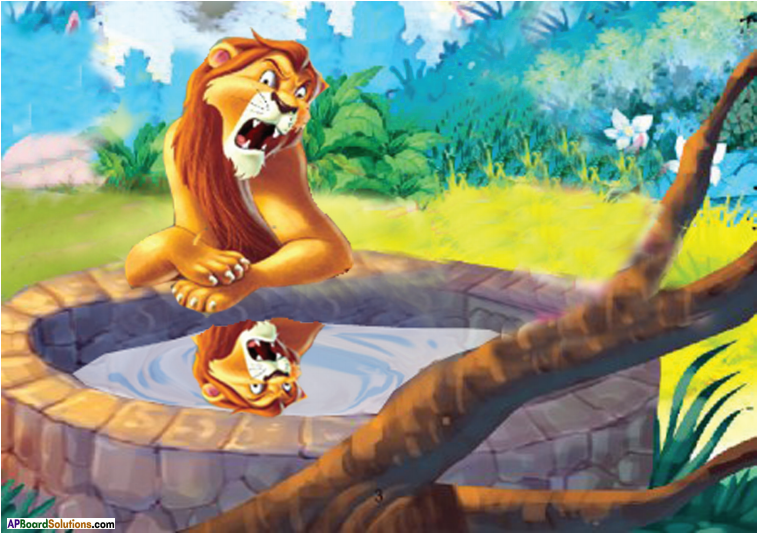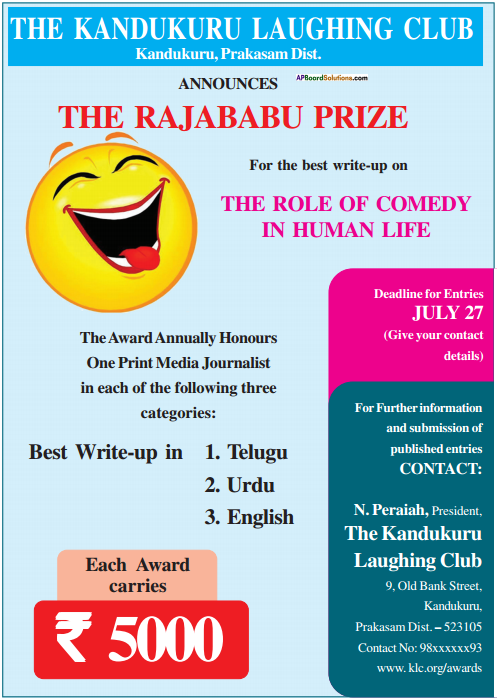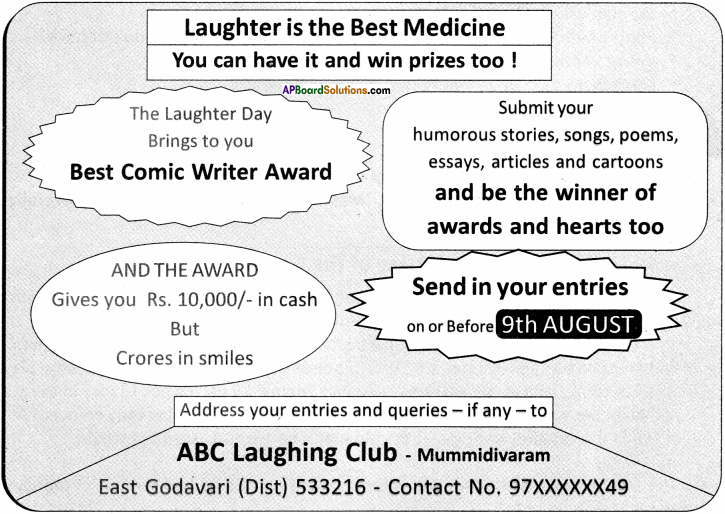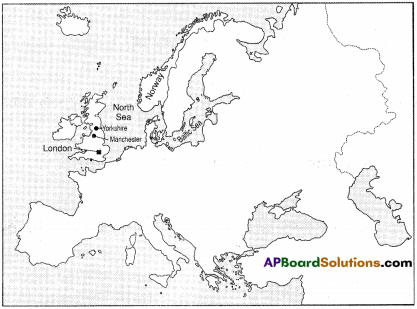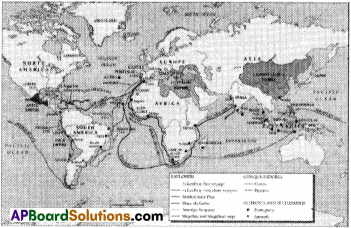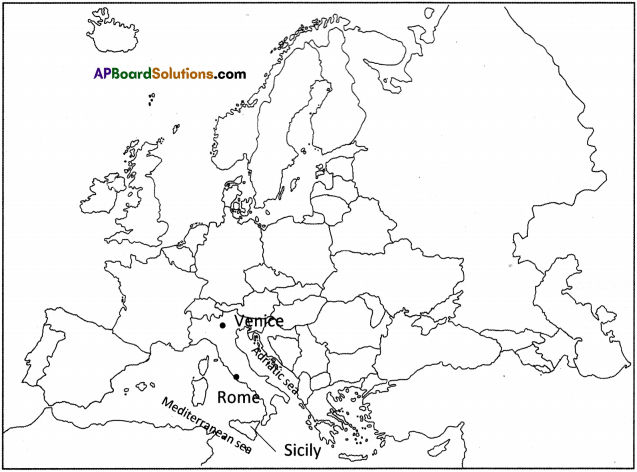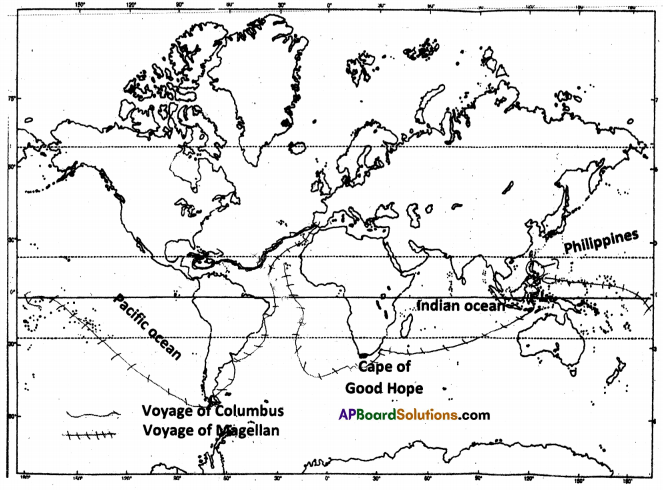Andhra Pradesh SCERT AP State Board Syllabus 9th Class English Textbook Solutions and Study Material Pdf are part of AP Board 9th Class Textbook Solutions.
AP State Syllabus 9th Class English Textbook Solutions Study Material Guide Pdf Free Download
Unit 1 Humour
- A. The Snake and the Mirror
- B. The Duck and the Kangaroo (Poem)
- C. Little Bobby
Unit 2 Games and Sports
- A. True Height
- B. What is a Player? (Poem)
- C. V.V.S. Laxman, Very Very Special
Unit 3 School Life
- A. Swami is Expelled from School
- B. Not Just a Teacher, but a Friend (Poem)
- C. Homework
Unit 4 Environment
- A. What is Man without the Beasts?
- B. The River (Poem)
- C. Can’t Climb Trees Any More
Unit 5 Disasters
- A. A Havoc of Flood
- B. Grabbing Everything on the Land (Poem)
- C. The Ham Radio
Unit 6 Freedom
- A. A Long Walk to Freedom
- B. Freedom (Poem)
- C. An Icon of Civil Rights
